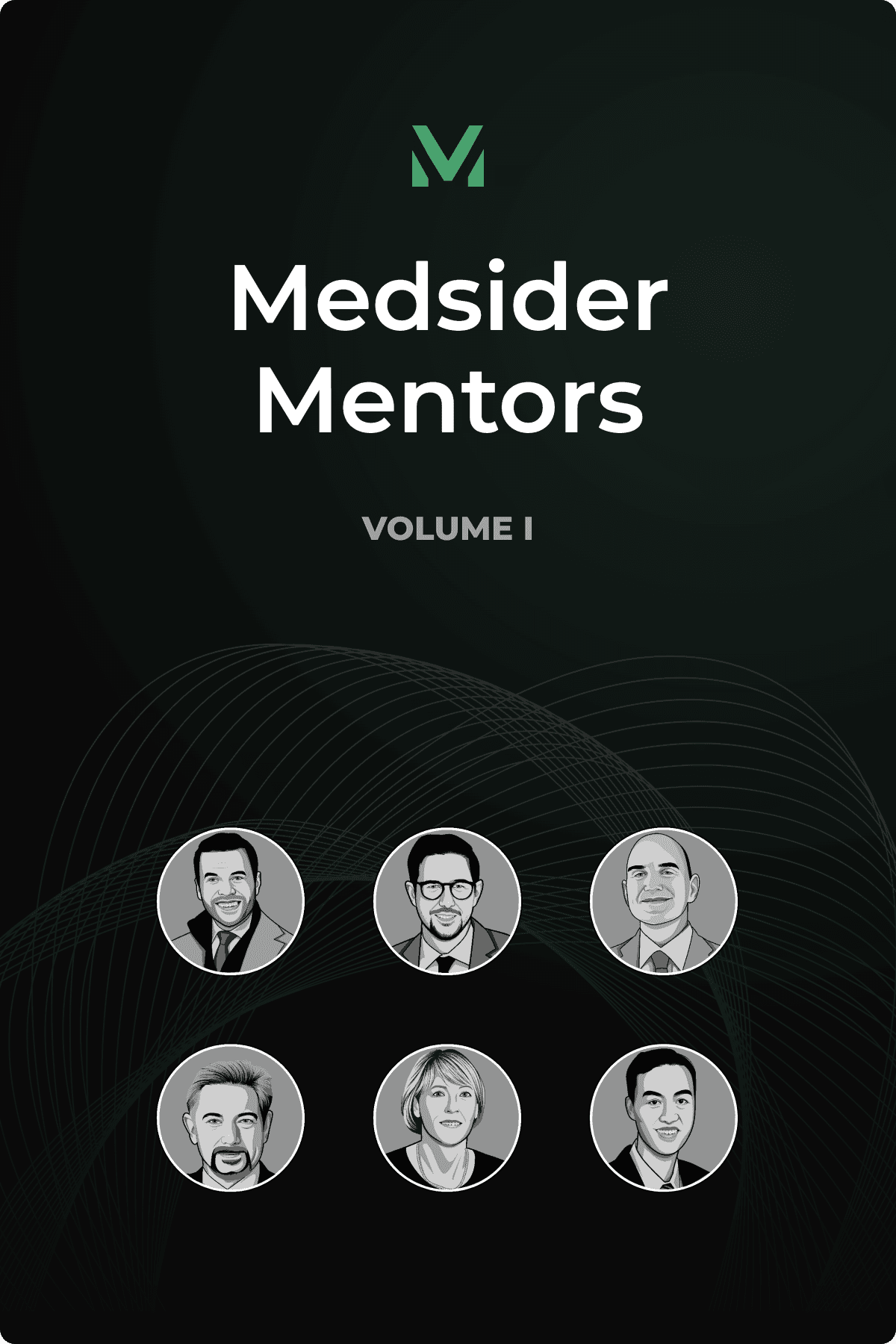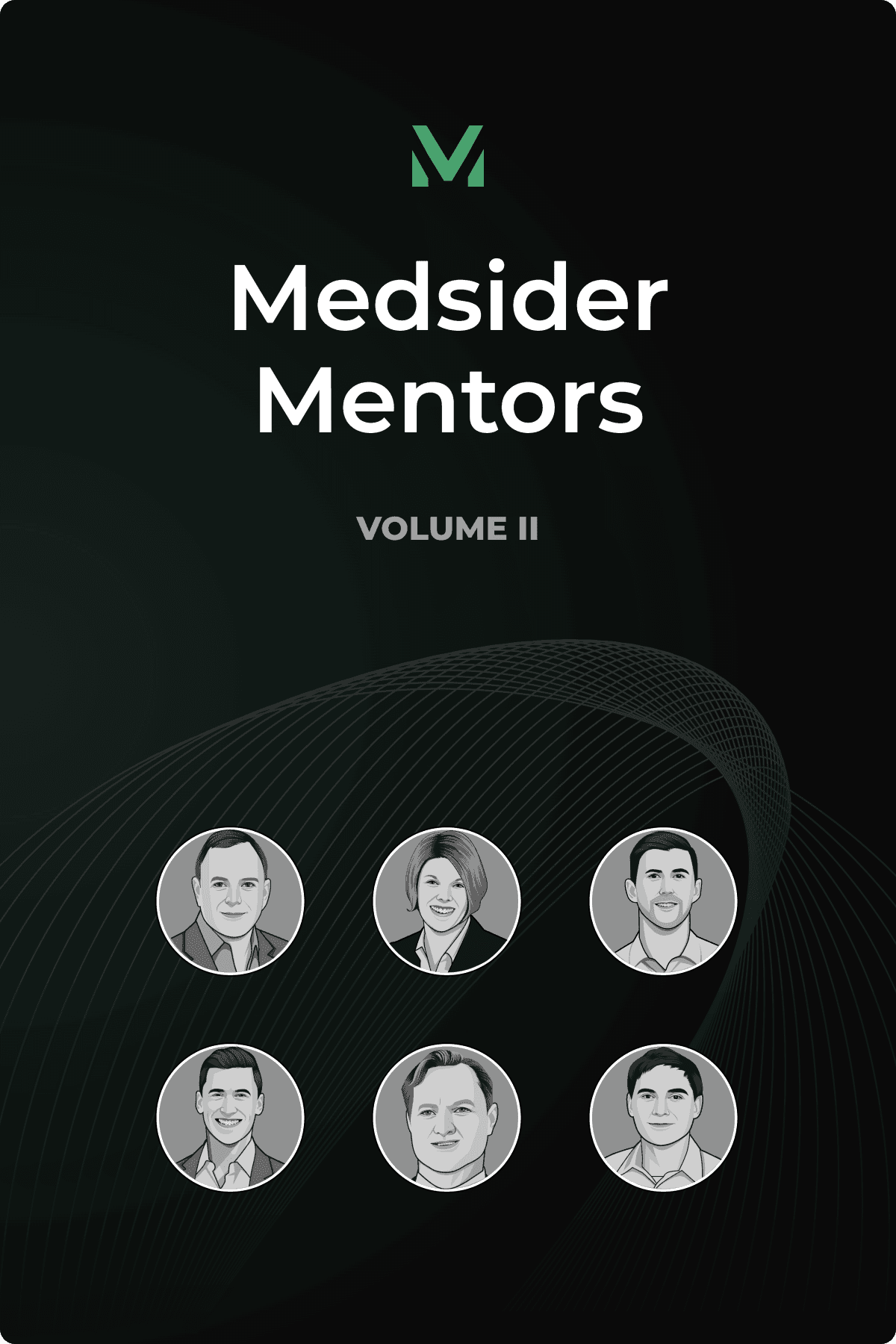The Essential Elements of the Sunshine Act and the Corresponding Impact on Medical Device Companies
Interview with Amy Dow

It is well known that medical device companies rely heavily upon input from physicians to help identify and develop new ideas for innovative medical devices. But how will the impending Sunshine Act affect the relationships between manufacturers and physicians? Are there any loopholes? As a medical device professional, what else should you know about the Sunshine Act?
In this interview with Amy Dow, attorney with Epstein Becker Green, she helps us understand the requirements of the Sunshine Act and the issues surrounding its implementation. Amy currently represents medical device, pharmaceutical, and biotech companies on a wide variety of compliance and regulatory matters and is considered a leading expert on the Sunshine Act. Read on for her thought-provoking insight regarding the potential ramifications of the Sunshine Act.
Interview Highlights with Amy Dow
What exactly is the Sunshine Act? Its purpose, scope, the 2 major requirements, etc.
The origin of the Sunshine Act and will we ever see it actually come to fruition?
Ramifications of the Sunshine Act for medical device companies. Amy covers the 2 major issues: Resource constraints and the short 90-day window.
How will the Sunshine Act affect physicians and hospitals? Also, will it impact small medical device companies the most?
What problems is the Sunshine Act trying to solve? Perhaps more importantly, will patients actually care? And will they even be able to decipher the Sunshine Act data?
Payment requirements that medical device companies need to consider in light of the Sunshine Act.
Two other problems that medical device companies may face when dealing with the Sunshine Act: 1) Associated link between payment and product; 2) The delayed research factor.
You May Like These Articles
Medsider Premium
Become a premium member and unlock access to exclusive Medsider benefits.



